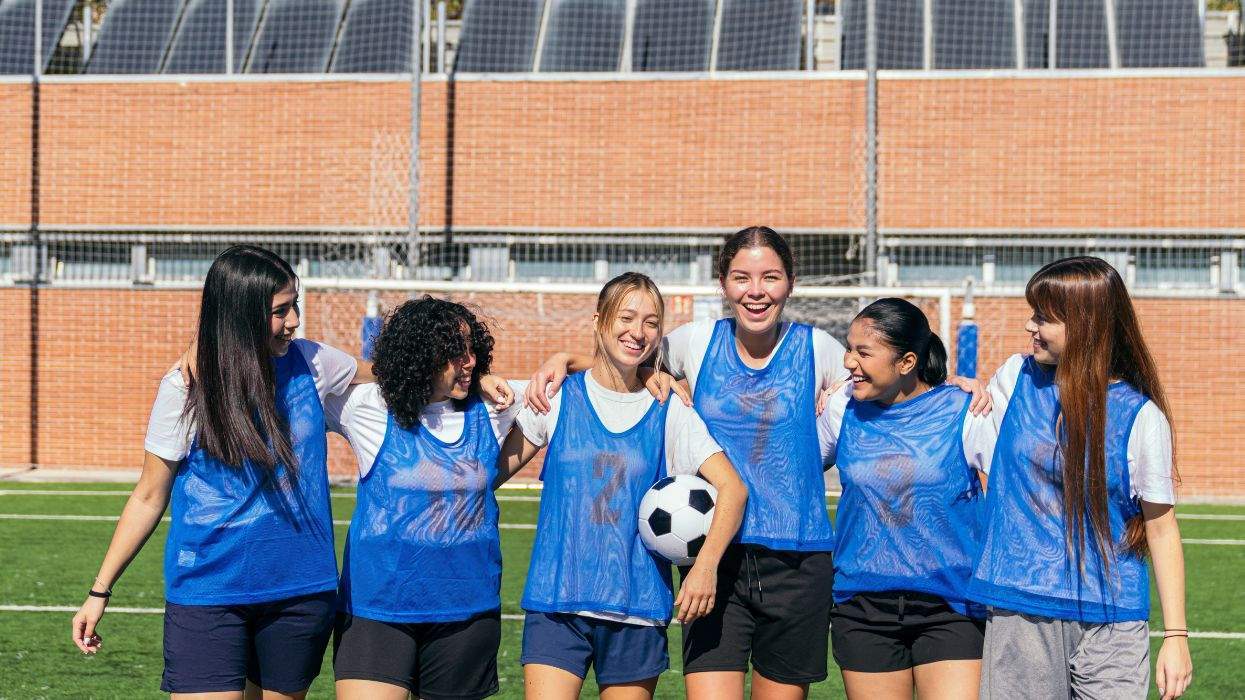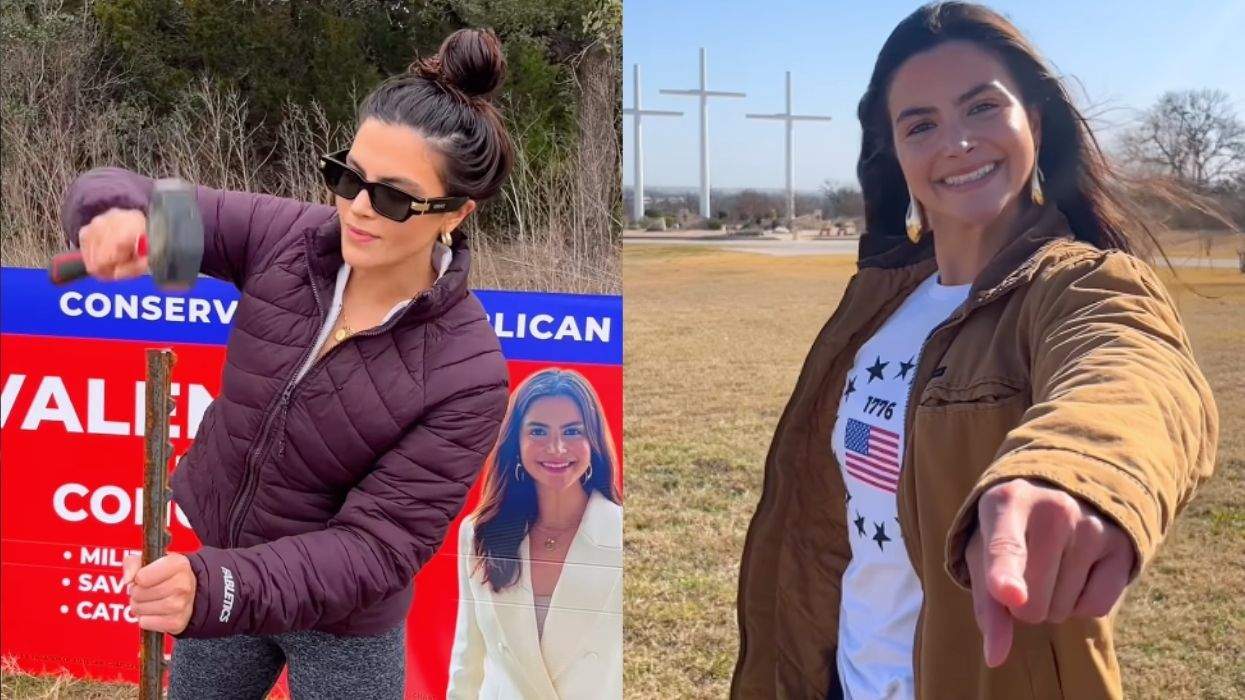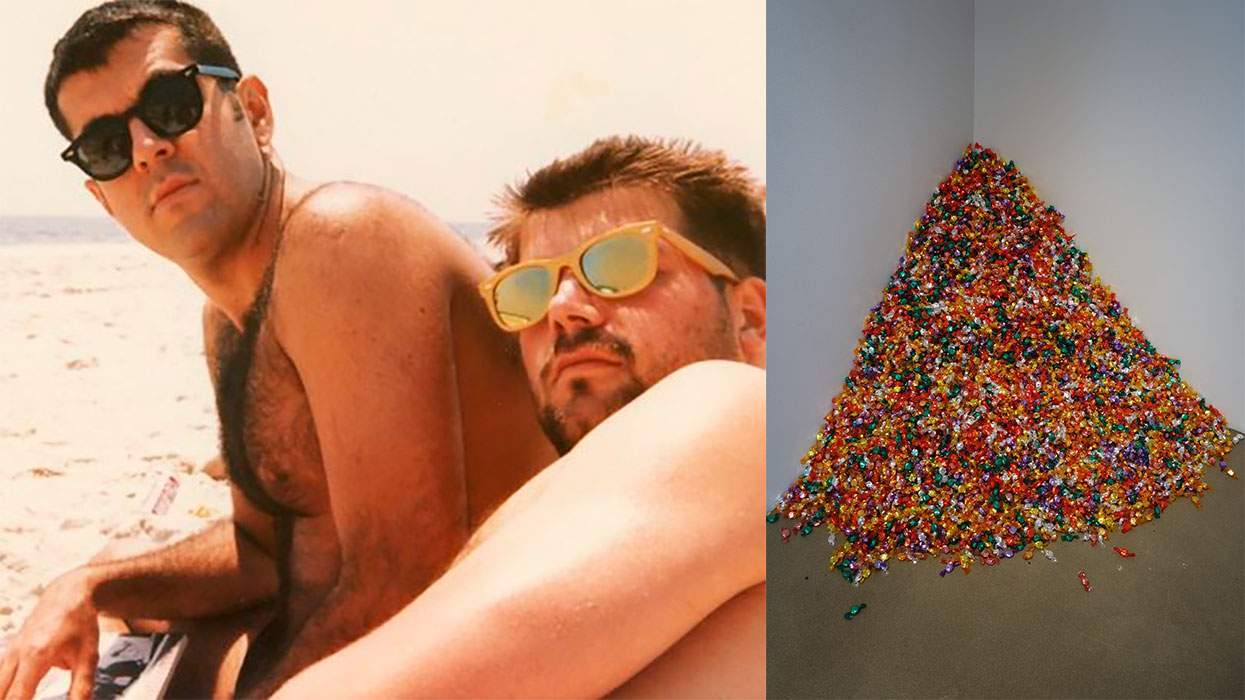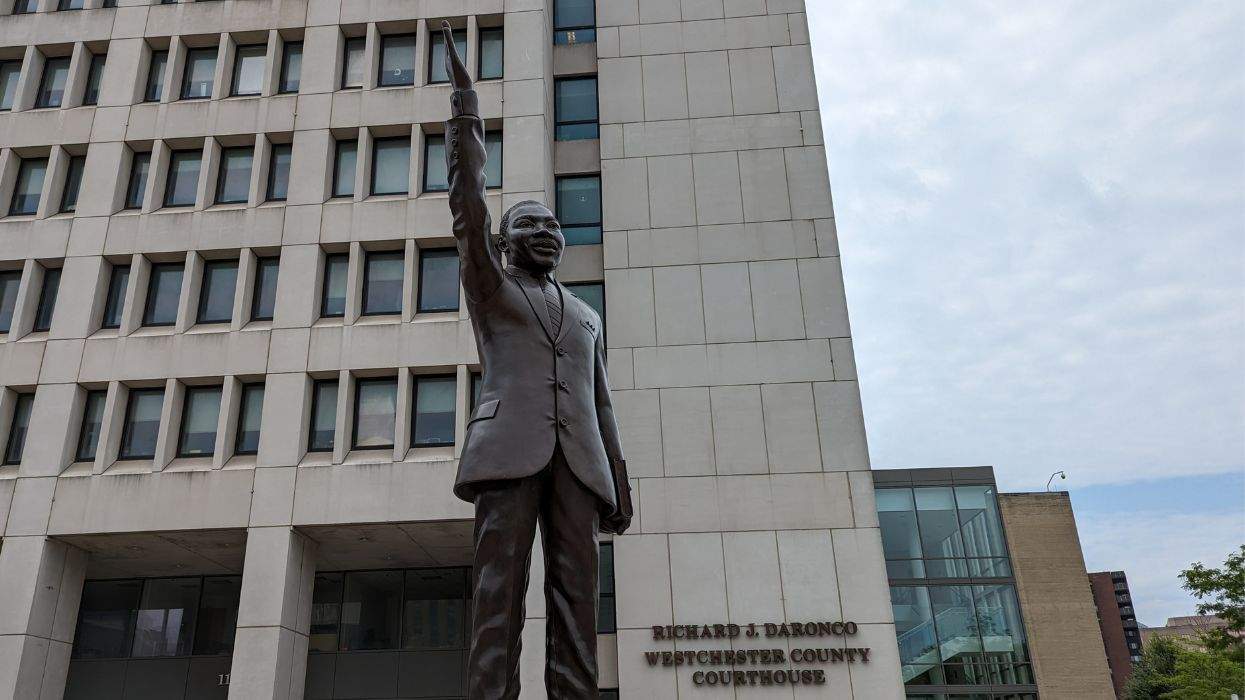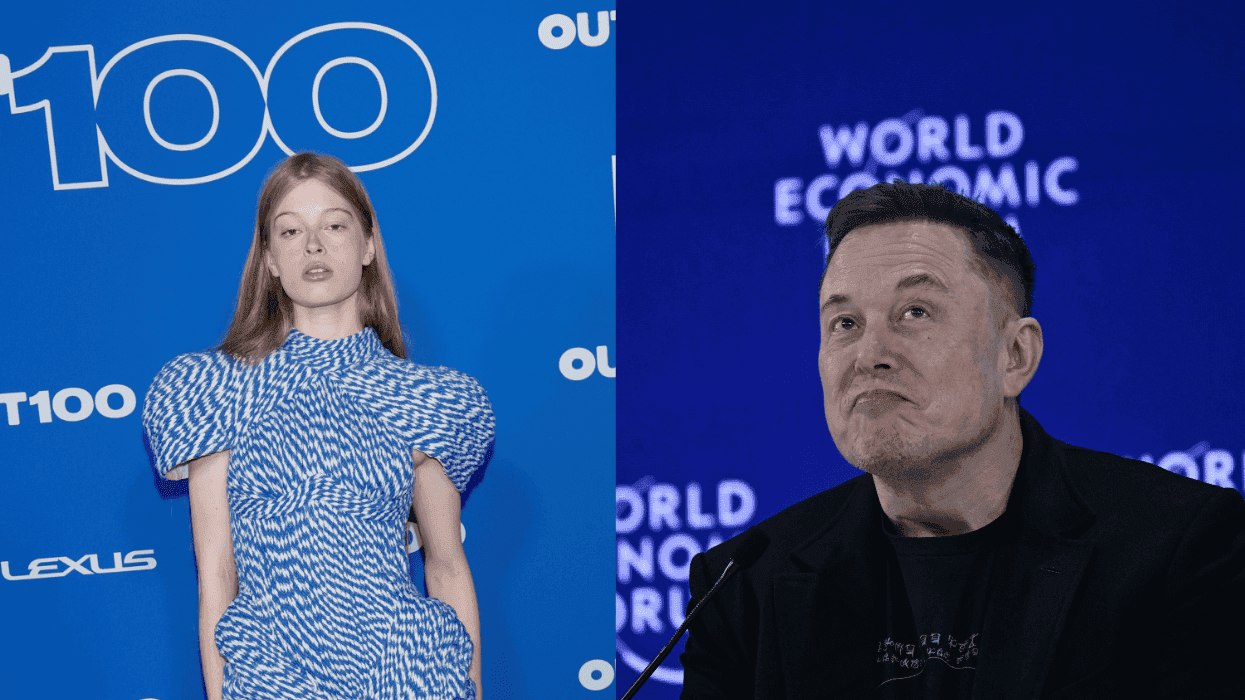After a triumphant 2013, the equality movement in the United States continued to make gains this year. Courts in several states struck down same-sex marriage bans and President Obama issued a nondiscrimination order covering LGBT employees of federal contractors.
Internationally, though, the picture is less bright. Despite -- or in part because of -- strides in the United States, a host of governments on different continents are further restricting the freedom of LGBT people.
That's not to say our domestic victories weren't important or hard-fought, but often our global victories came in the form of horrors averted rather than progress forged.
As 2014 began, international human rights activists especially focused on two countries: Uganda and Russia. Outcomes in these countries would affect the human rights climate not just in these nations, but in their respective regions.
At year's outset, the world was watching to see what would happen during the Sochi Olympics. Russia's "gay propaganda law," passed in 2013, was a target of international advocacy efforts. Activists in Russia and around the world pressured President Vladimir Putin, who found himself in the unhappy position of having to address LGBT issues. But he was largely undeterred from his antigay stance: During the opening ceremonies, the police rounded up LGBT activists in Moscow and St. Petersburg, drawing charges of brutality. The antigay law remains on the books and has inspired legislation in Kyrgyzstan, Kazakhstan, and Armenia.
However, a victory that emerged from the Olympics did not come in the form of medals, at least not where LGBT rights are concerned. Prior to the Olympics, activists blasted the International Olympic Committee for its meekness in challenging Russia's human rights record. In response the IOC took the positive step of affirming that Principle 6, the Olympic Charter's anti-discrimination clause, covers sexual orientation. But that wasn't good enough: equality advocates pressed for explicit language to that effect. And just this month, the IOC added sexual orientation to the list of characteristics in Principle 6.
The remaining flaw is that IOC didn't take the important step of including gender identity. And the real test will happen in the coming months, when we'll see if the IOC respects Principle 6 as it decides the site of the 2022 Winter Olympics. Kazakhstan is in contention, but its record on equality, including new anti-LGBT legislation under consideration, makes it an unsuitable host.
In February, Ugandan president Yoweri Museveni signed a bill heightening the criminalization of homosexuality. The infamous death penalty provision had been replaced by one allowing for "only" life in prison. Paired with a similar new law in Nigeria, it made LGBT advocates fear a wave of such legislation across the continent. Indeed, there were attempts at passing such laws, including a successful one in the Gambia and an ongoing one in Chad. On the positive side, a similar bill in Kenya failed to gain momentum due in great part to a robust civil society that refused to move backward on fundamental rights.
But Uganda provided one of the most important victories of the year when its Constitutional Court struck down the Anti-Homosexuality Law just days before President Museveni traveled to Washington, D.C., for the U.S.-Africa Leaders Summit. The ruling striking down Uganda's draconian antigay law followed the news that the United States, the World Bank, and several other Western countries would enact sanctions on Uganda. Activists there say the pressure played a key role in the court decision and its timing.
The ruling overturning the law, however, was based on process, not substance. There's already another bill circulating in Uganda's Parliament. But President Museveni recently urged caution in moving it forward, citing the potential impact on Uganda's economy, a sign that U.S.-led global pressure can work. Advocates in the United States should bear this in mind as they fight to protect LGBT people in Uganda and elsewhere.
In an important related move, the African Commission on People and Human Rights issued a resolution calling on member governments to ensure that human rights activists are free from reprisal and to combat violence targeting people because of their sexual orientation or gender identity. The resolution pointedly refers to legislation targeting LGBT people and calls on law enforcement to investigate and prosecute hate crimes.
The year wasn't without clean, unconditional victories -- Scotland and Estonia passed laws legalizing same-sex marriage, for example. In Botswana a court ruled that the government must let an LGBT nongovernmental organization register with the government. A court in Malaysia overturned laws that denied transgender people the freedom to dress according to their true gender.
But many victories came with conditions. On the other hand, that's often the way of civil rights movements: As activists, you spend a great deal of energy focusing on harm reduction, and your wins are often murky. But the conditional wins lead eventually to breakthroughs.
SHAWN M. GAYLORD is advocacy counsel at Human Rights First, leading its initiative to combat violence against LGBTI people globally. Shawn previously served as the deputy director for the Sexual Minority Youth Assistance League and as an associate at Harmon, Curran, Spielberg and Eisenberg, LLP. In addition, Shawn has worked extensively on the intersection of LGBT rights and human rights through his work as a staff member and volunteer for Amnesty International's OUTFront Program.

